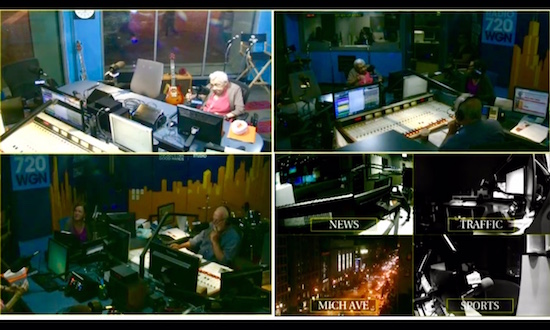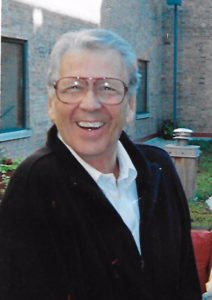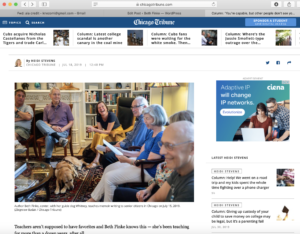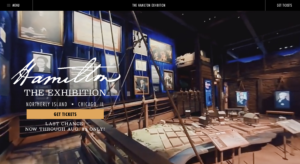Elderly Toddlers
August 11, 2019 • 10 Comments • Posted in careers/jobs for people who are blind, guest blog, memoir writing, writing promptsWhen I heard that yesterday was the 90th anniversary of the Bud Billiken Parade in Chicago, I called Wanda Bridgeforth. Sure enough, she was in the parade a few years after it first started. “Oh, yes-in-deedy, I was 11 or so, and we were the Young Girls Athletic Club of Bud Billiken,” she said. “We dressed in our green gym suits, white socks and white Keds.” When I mentioned I might use that in today’s blog, she said, “Just be sure you say they were Keds!”
These days over a million people gather in Chicago’s Bronzeville neighborhood to watch the Parade at the end of every summer. As one of the oldest – and largest – annual parades in the country, the Bud Billiken Parade marks the end of summer and celebrates all the kids heading back to school. “The first few parades were like neighborhood affairs, and over the years, three generations of my family have participated in the Bud Billiken parade,” she says, pointing out that her daughter Wanda Jr. was named Best-Dressed Walking Girl when she marched in the 1950s. “Junior’s prize was a Pekingese puppy, and the next year she was on the float of the Royal Court.”
Last week I assigned the writing prompt, “Something You Wish People Understood About you.” Ninety-seven years old now, Wanda came back with an essay describing herself as an elderly toddler – her mind is sharper than ever, but her body is shrinking. “I toddle around now,” she acknowledged over the phone. “You can probably hear it in my steps.”
When I asked if I could excerpt some of her essay for my Safe & sound blog today, she gave an enthusiastic, “Sure!” Here it is:

Here’s a screen capture of the live feed screen from when Wanda and I were on WGN radio two years ago. There’s Wanda in the upper left screen.
Something I Wish People Understood About Me
by Wanda Bridgeforth
I think my experience with stereotypes may be a bit unique from those human beings younger than I am. People have two minds about ETs (Elderly Toddlers): age and physical appearance. I fall into both. Because of spinal stenosis, I am unable to sit or stand up straight, which makes my chin rest on my chest, an indication of mental loss. Thus, I appear to be senile.
I have noticed looks of pity, wonder, avoidance, and perhaps, of contagion. Some encounters have been distressing, and some comedic. A little boy was staring at me and opened his mouth to speak when his mother jerked him away, whispering out loud, “Don’t stare at people!”
Some parents stutter apologies for the stares and questions of the little ones. I don’t mind the children; they are curious and honest in their looks and conversations. It’s the adults, babbling apologies and excuses, that raise my hackles.
At many functions I sit alone with my chin resting on my chest. Because of a lifelong hearing loss I am a good body language reader. I watch feet approach, stop, turn and move elsewhere. I have seen fingers pointed in my direction, accompanied by whispers. I ignore them and sometimes laugh inwardly. People are so often confused, uncomfortable, or don’t know how to react to me and other ETs.
A stereotype of the elderly with a physical disability is that we are also senile. They see the elderly as all drooling, babbling idiots. I’ve known shocked looks when I speak clearly, coherently and intelligently.
An example of this reaction: during a visit to the emergency room an interviewer asked me questions, and I answered. When she finished, she told me to take a seat, then she called Daphne (who had accompanied me) up to her desk and asked her the same questions. Daphne refused to answer.” Didn’t my grandmother asnswer you?” she asked.
”Welllll, yes. She did. But at her age, you know….”
We, the elderly, come in feisty, independent, and/or quiet moods. The mind tells us we are able, but the body knows we are not. Very confusing. Don’t fret, just keep trying to understand and live with us ETs. The problem is two-sided: we are trying to cope with others, and with ourselves, too. So be aware that one day, if you’re fortunate to live long, you’ll be an ET, too.


